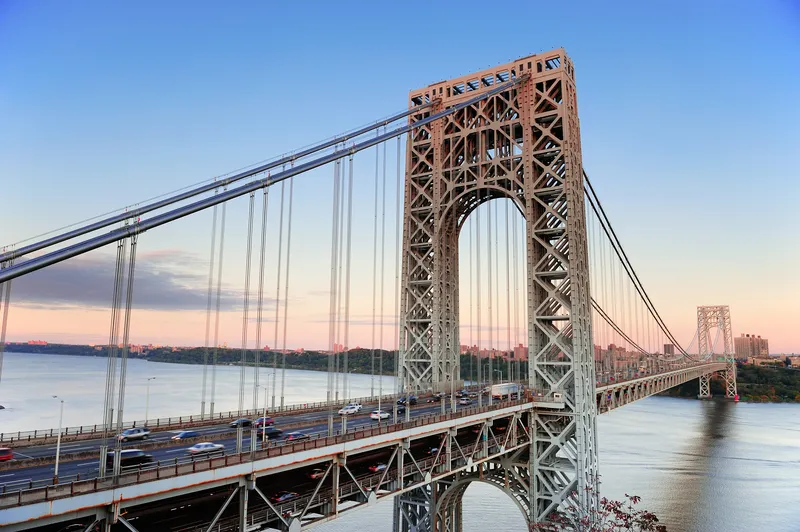To reduce delays at US border crossings in New York, Michigan and Washington, the US Department of Transportation’s Federal Highway Administration (FHWA) has awarded US$256,470 for the use of innovative new technology that will provide information on wait times at border crossings and help manage delay by giving truckers advance notice of crossing conditions.
FHWA’s Border Wait Time Deployment Initiative is designed to accelerate the adoption of innovative technology, such as sensors, to measure delay an
June 6, 2016
Read time: 2 mins
To reduce delays at US border crossings in New York, Michigan and Washington, the 324 US Department of Transportation’s 831 Federal Highway Administration (FHWA) has awarded US$256,470 for the use of innovative new technology that will provide information on wait times at border crossings and help manage delay by giving truckers advance notice of crossing conditions.
FHWA’s Border Wait Time Deployment Initiative is designed to accelerate the adoption of innovative technology, such as sensors, to measure delay and wait times at land border ports of entry. The program supports the collection and dissemination of real-time traveller information to improve the reliability of goods movement across these borders.
Under the initiative, FHWA will provide US$100,000 to the1780 New York State Department of Transportation for its Niagara Falls International Rainbow Bridge, along with funding of US$95,920 to the 1688 Michigan Department of Transportation for technology at the Detroit-Windsor Tunnel Crossing with a grant. FHWA will also award US$60,550 to the Whatcom Council of Governments (WCOG) in Whatcom County, Washington, for the Booth Integration project. All of these research projects will use dynamic message signs and advance traveller information systems to convey the border wait times.
In recent years, trucker wait time and unexpected delays have been identified as an impediment to the free flow across the border, and the FHWA has undertaken several research initiatives aimed at measuring border delays at major land-border crossings.
FHWA’s Border Wait Time Deployment Initiative is designed to accelerate the adoption of innovative technology, such as sensors, to measure delay and wait times at land border ports of entry. The program supports the collection and dissemination of real-time traveller information to improve the reliability of goods movement across these borders.
Under the initiative, FHWA will provide US$100,000 to the
In recent years, trucker wait time and unexpected delays have been identified as an impediment to the free flow across the border, and the FHWA has undertaken several research initiatives aimed at measuring border delays at major land-border crossings.







